
05/12/2025
Kiedy jechać do Wietnamu? Pogoda i klimat
Kopiuj link
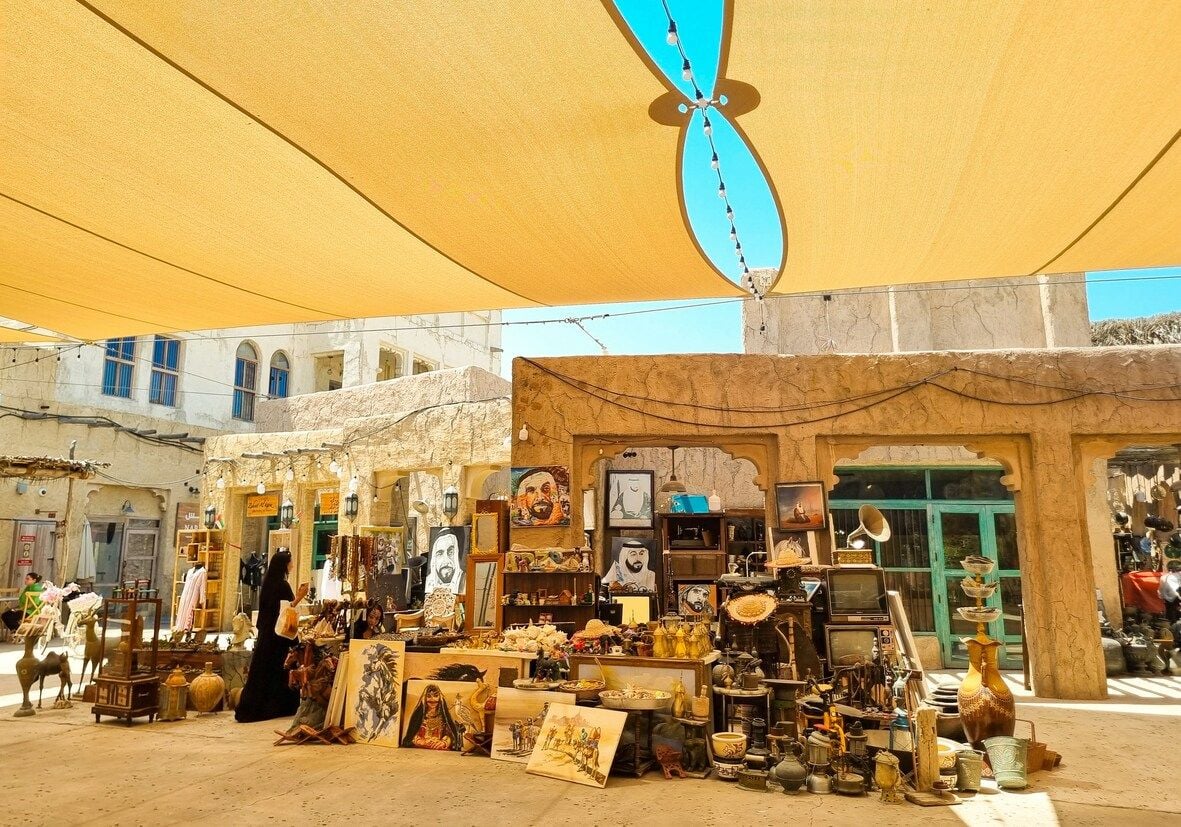
Stare mury, wieże wiatrowe barjeel i cisza dziedzińców. Al Fahidi Dubaj pokazuje korzenie miasta lepiej niż jakiekolwiek muzeum.
Jeśli szukasz miejsca, w którym Al Fahidi Dubaj pokazuje swoje korzenie i historię miasta , to właśnie tu: w labiryncie wąskich uliczek (sikka), dziedzińców i domów z wieżami wiatrowymi barjeel. Ten przewodnik po historycznej dzielnicy Al Fahidi w Dubaju pomoże Ci zaplanować zwiedzanie, podpowie co zobaczyć, kiedy przyjechać i jak połączyć wizytę z innymi atrakcjami miasta.
Al Fahidi (często nazywana także Al Fahidi Historical District lub dawniej Bastakiya) znajduje się w Bur Dubai, tuż przy Dubai Creek. To najłatwiej dostępna z dzielnic historycznych Dubaju, gdzie można zobaczyć zabytkowe budynki – parę minut pieszo od przystani abr i kilku stacji metra.
Powstała pod koniec XIX w. jako osada kupców z irańskiego regionu Bastak. Budowano z koralowca, gipsu i palmowych belek, a tradycyjna architektura w Dubaju najlepiej zachowała się właśnie tutaj. Dziś to chroniony zespół zabytkowy: domy mieszkalne zamieniono na muzea i galerie oraz ośrodki kultury.
Połącz wizytę z rejsem tradycyjną łodzią abra na drugą stronę potoku do Deiry, aby zobaczyć życie wokół handlu.
Zobacz też: Atrakcje w Dubaju.
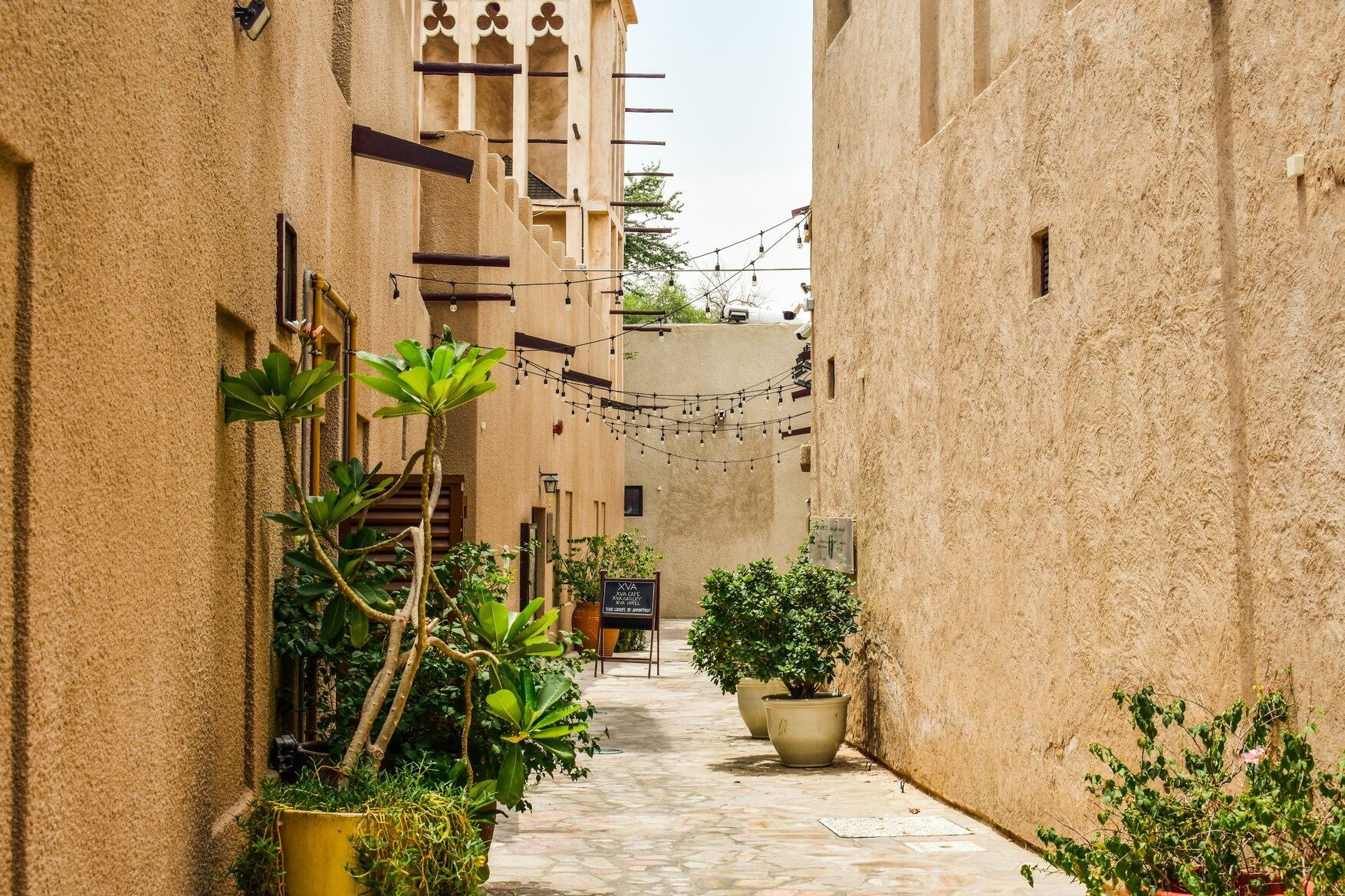
Sprawdź zorganizowaną wycieczkę z przewodnikiem po Starym Dubaju.
Zobacz też: Przewodnik po Al Seef
Wąskie uliczki zapewniały cień i przewiew dzięki barjeel. W domach spotykano się w majlis, podawano kawę kardamonową i daktyle. Uszanuj lokalne zwyczaje: ubierz się skromnie, nie fotografuj osób bez zgody, a w piątki/lato pamiętaj o krótszych godzinach otwarcia.
Plan podróży? Sprawdź wyjazdy zorganizowane do Dubaju i zaplanuj bazę w dzielnicy dogodnej do komunikacji: noclegi w Dubaju.
W Bur Dubai, przy Dubai Creek, między stacjami metra Al Fahidi i Al Ghubaiba. Wejścia prowadzą z Al Fahidi St. i Al Musallah St.
Fort Al Fahidi (Dubai Museum), SMCCU (centrum kultury), Coffee Museum, Coins Museum, galerie XVA i Majlis, urokliwe uliczki sikka oraz bliskość przystani abra.
Pieszo. Zaplanuj 2–3 godziny, zacznij rano lub przed zachodem, wejdź do 2–3 muzeów, a na koniec przepłyń się abra do Deiry.
m.in. Muzeum Dubaju (Fort Al Fahidi), Coffee Museum, Coins Museum, XVA Gallery, The Majlis Gallery oraz sezonowe przestrzenie Sikka Art & Design.
Al Fahidi historical to najpełniej zachowana historyczna dzielnica miasta – żywa lekcja przeszłości, architektury i zwyczajów. Jeśli masz jeden dzień na “stary Dubaj”, zacznij właśnie tutaj, a dalej rusz nad Dubai Creek i do suków w Deirze.
Zobacz inne newsy

05/12/2025
Kiedy jechać do Wietnamu? Pogoda i klimat
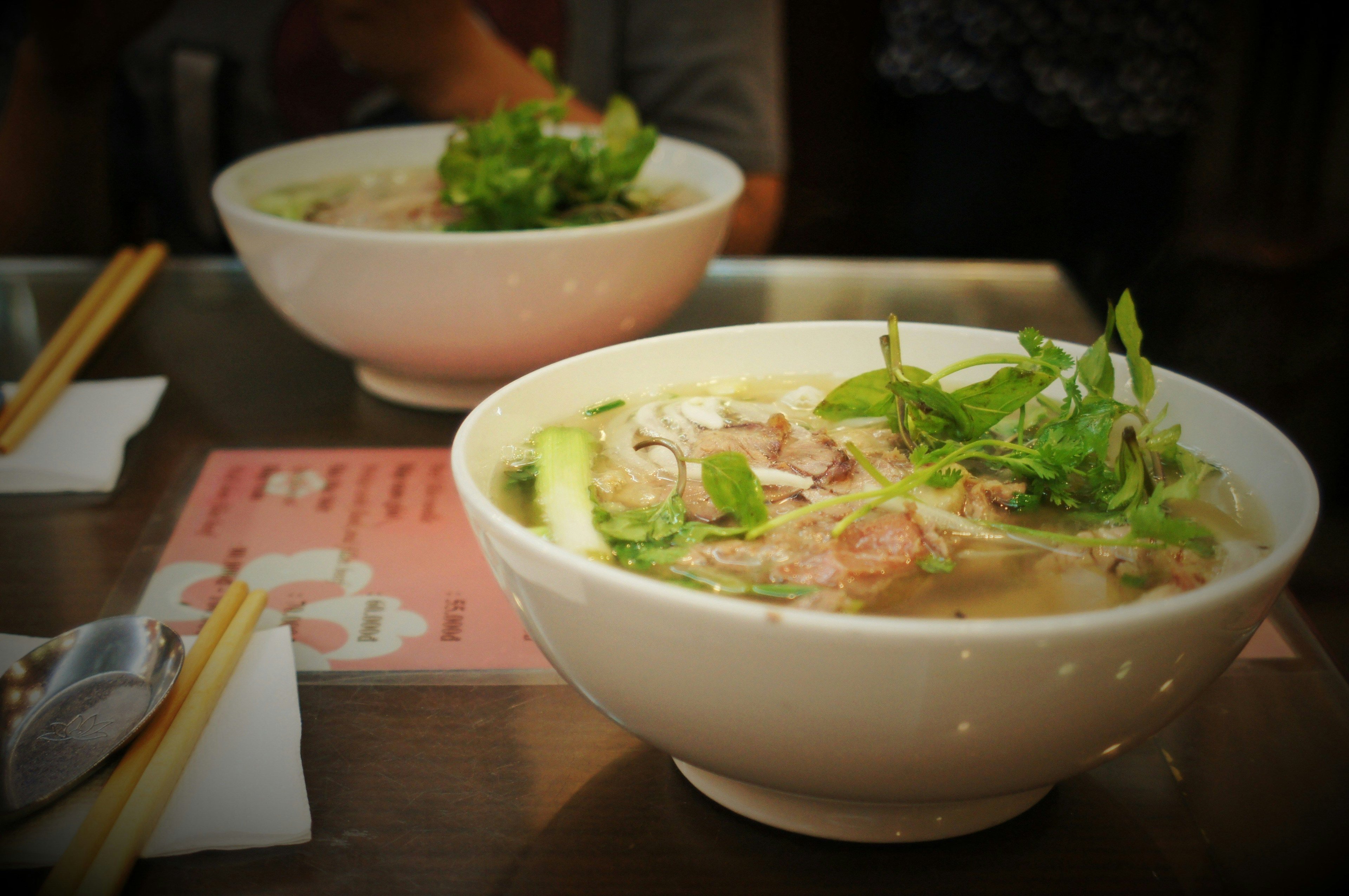
05/12/2025
10 najciekawszych dań do spróbowania w Wietnamie
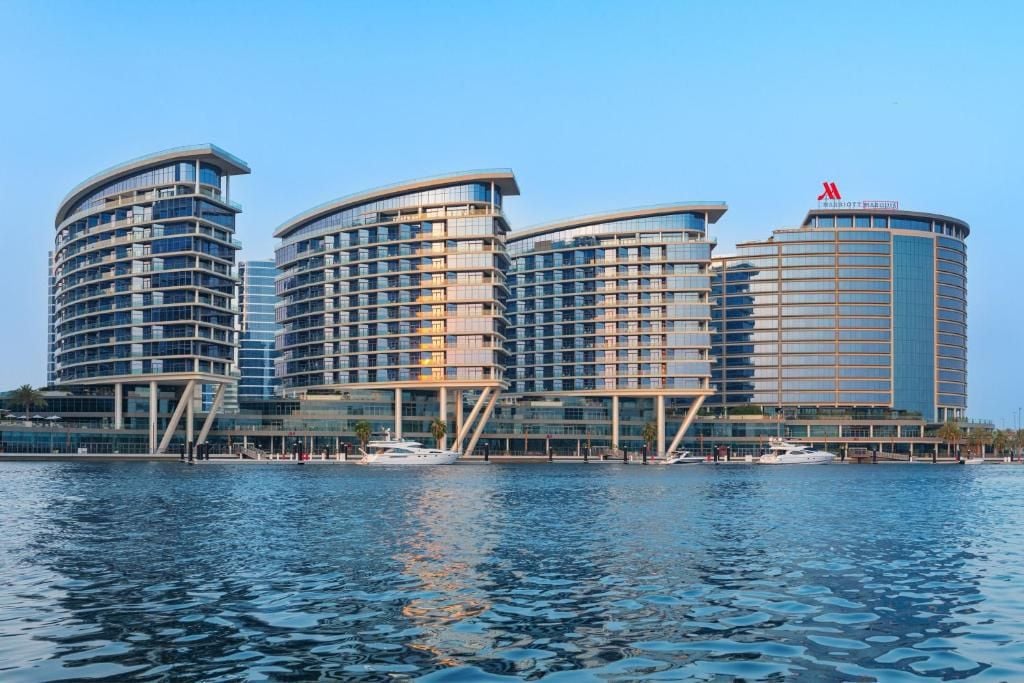
04/12/2025
Hotele dla niepełnosprawnych w Dubaju – przewodnik
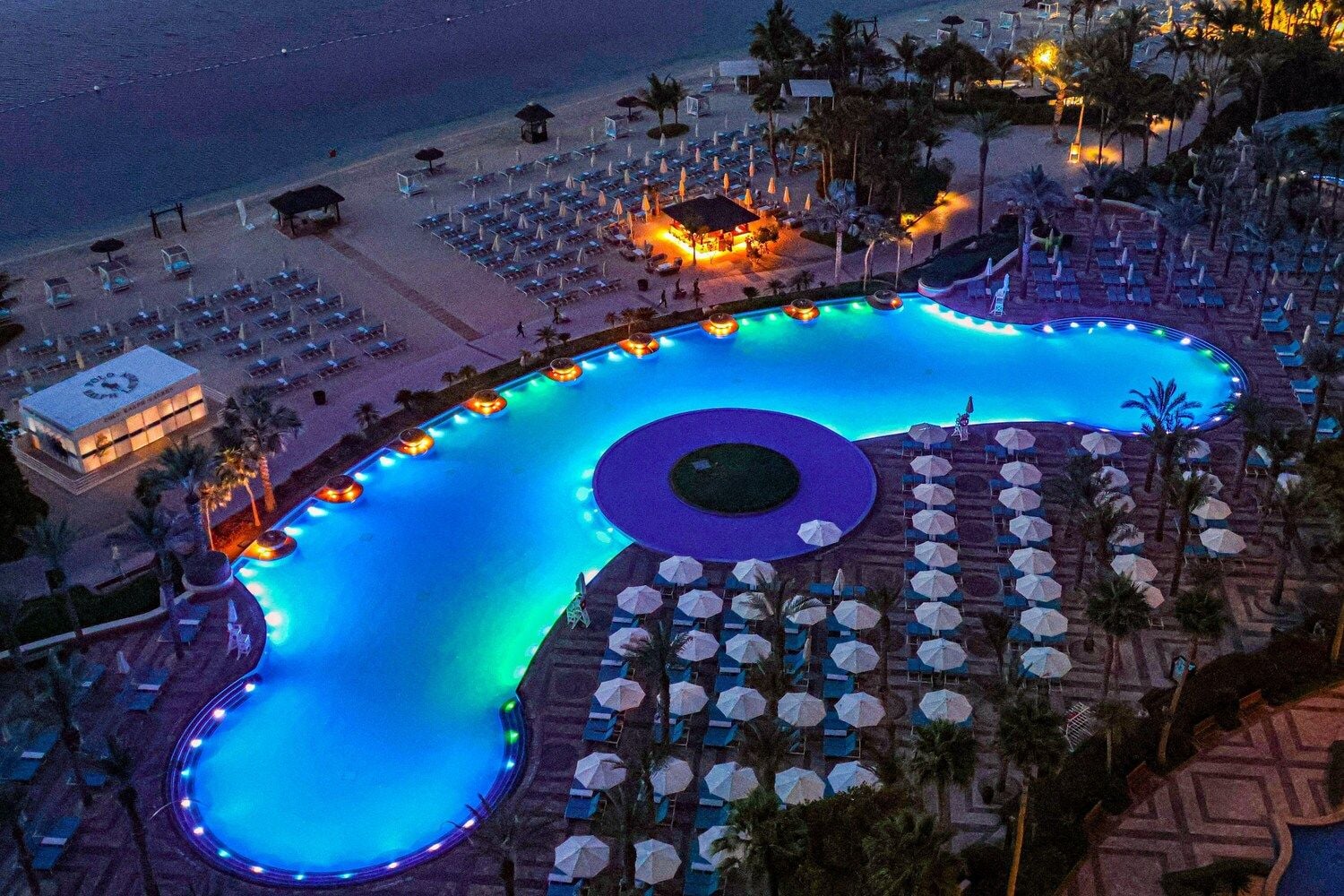
04/12/2025
Top 30 karnetów na plażę i basen – gdzie warto kupić day pass?

03/12/2025
4 nowe trasy Ryanaira z Gdańska: Palermo, Dubrownik, Tirana i Bukareszt

03/12/2025
Lotnisko Mediolan-Bergamo znosi limit płynów w bagażu podręcznym

02/12/2025
Wizz Air wydłuża okres wykonywania lotów Gdańska do Popradu
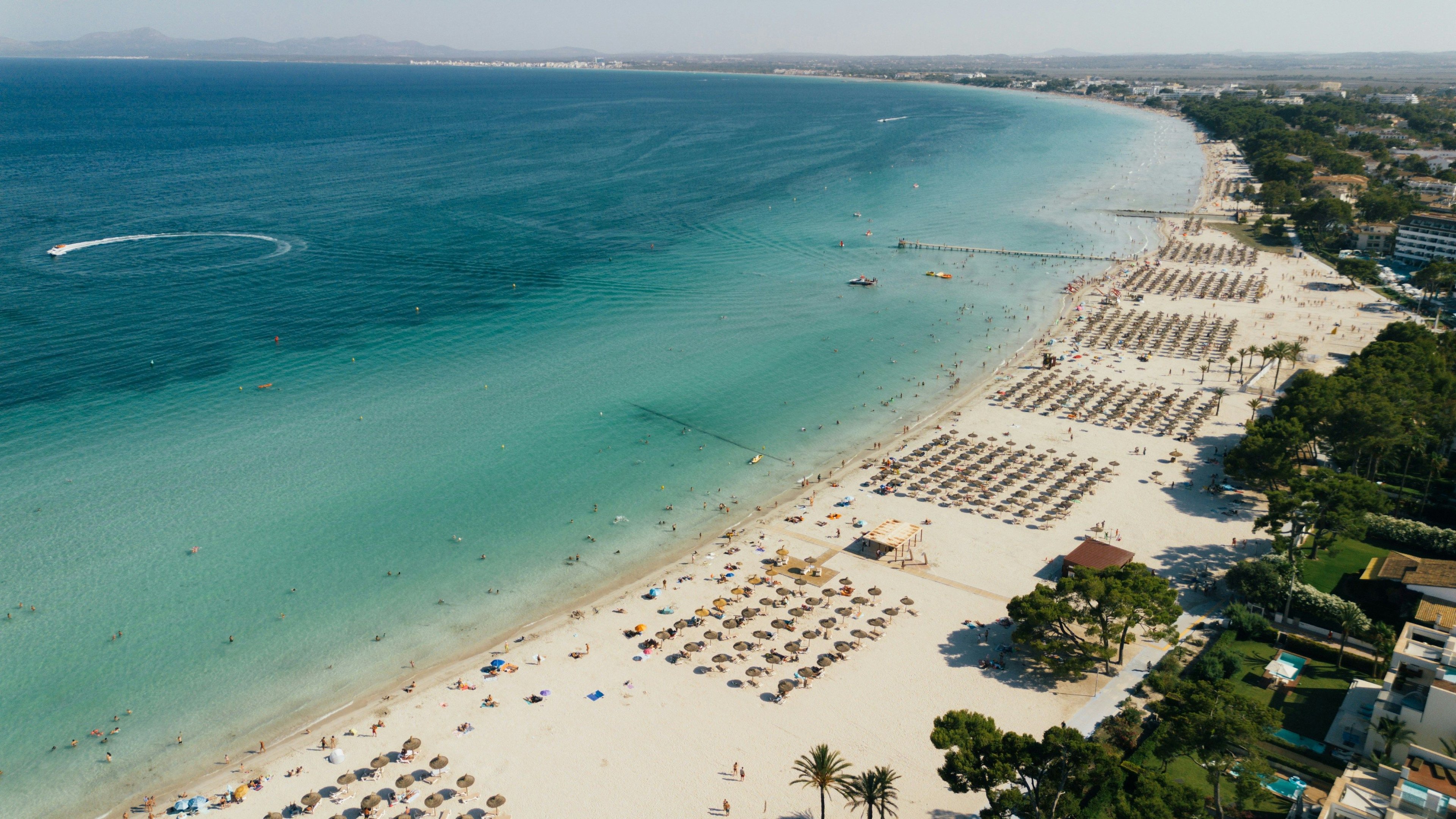
02/12/2025
LOT poleci z Warszawy na Majorkę!
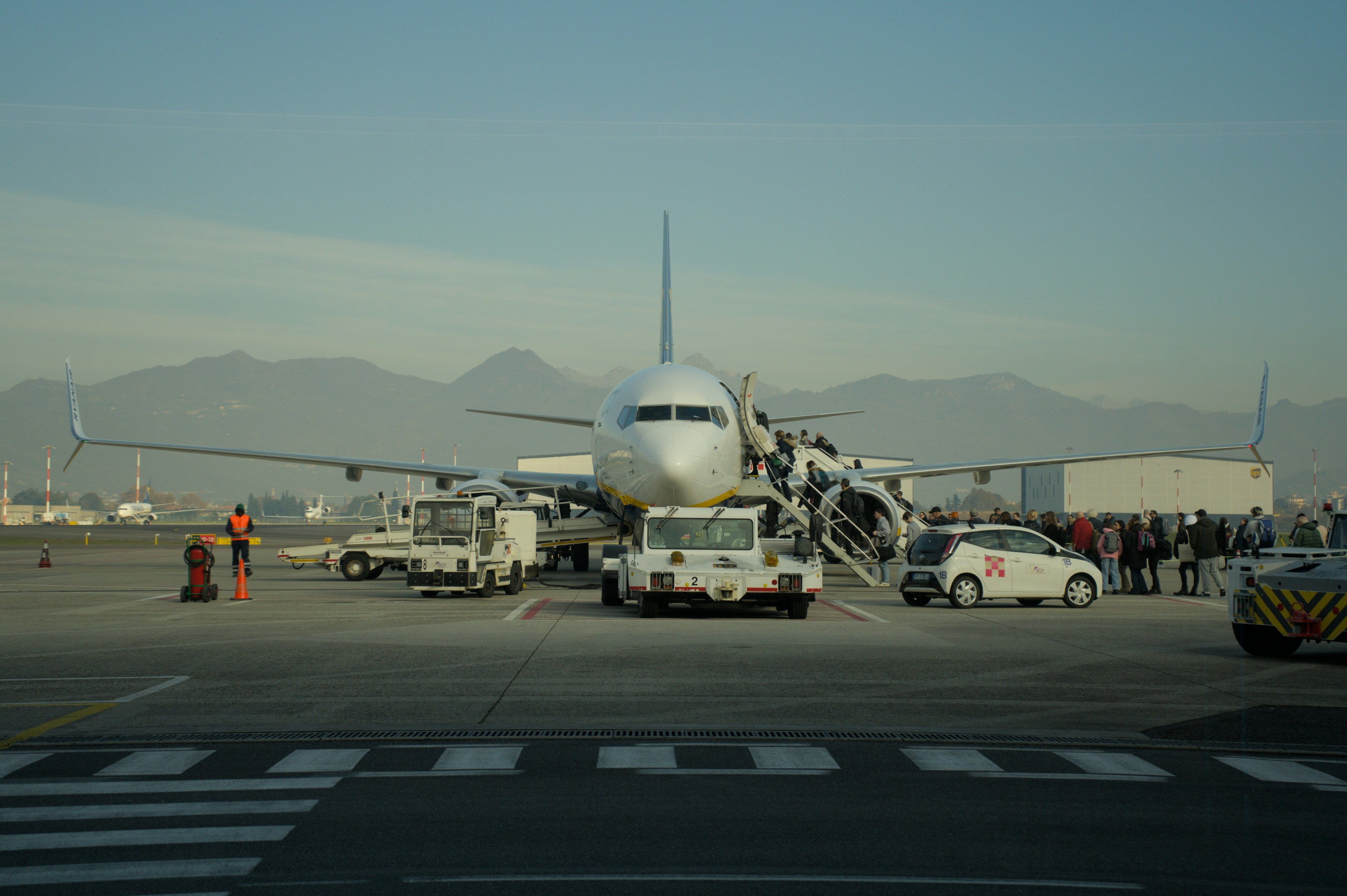
02/12/2025
Koniec Ryanair Prime. Przewoźnik ogłosił likwidację swojego programu lojalnościowego

01/12/2025
Grupy WhatsApp dla Polaków w Dubaju – połącz się z innymi!